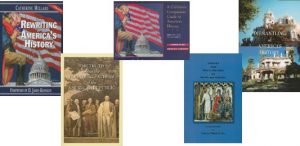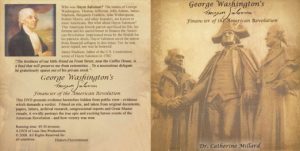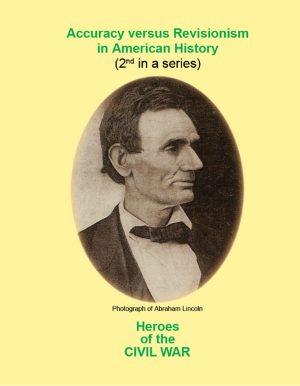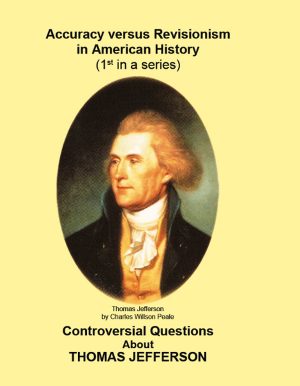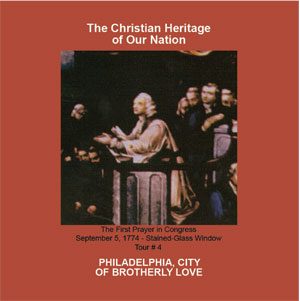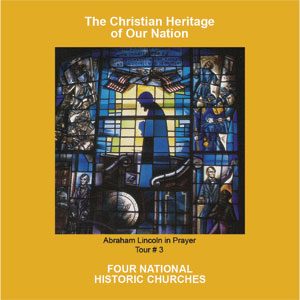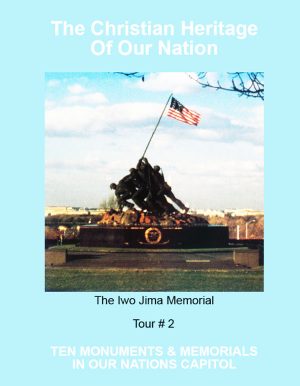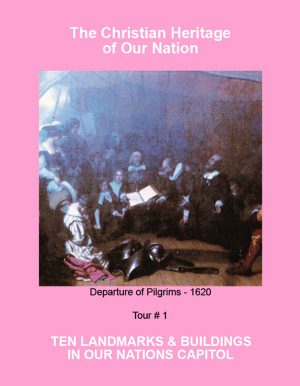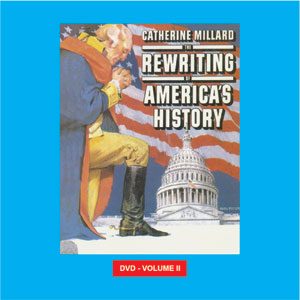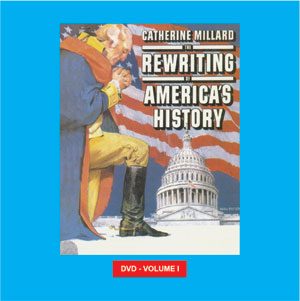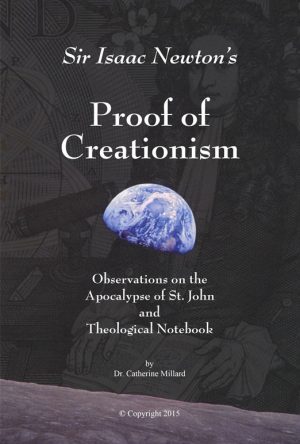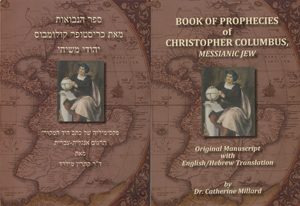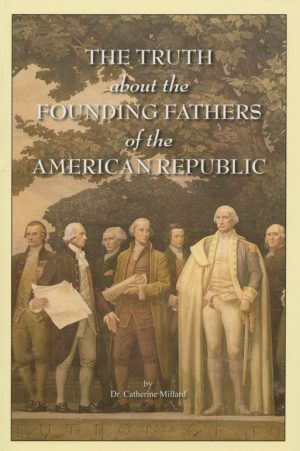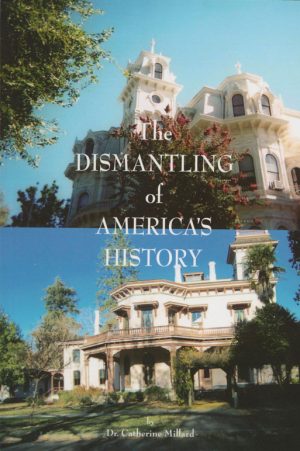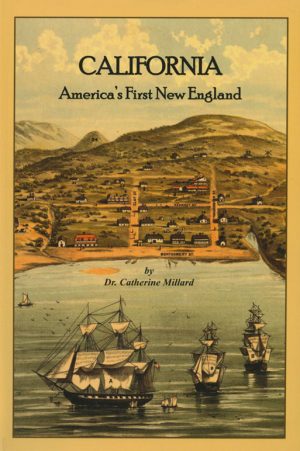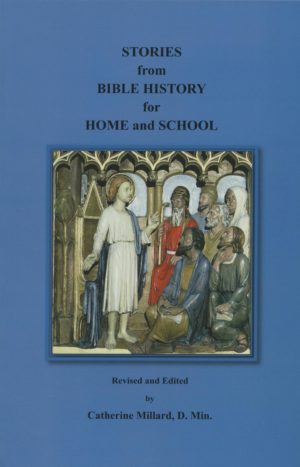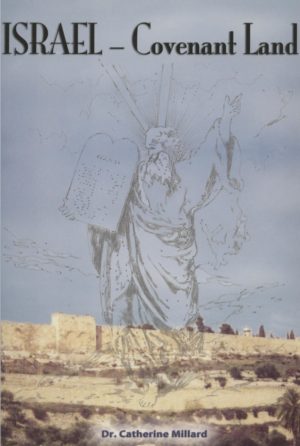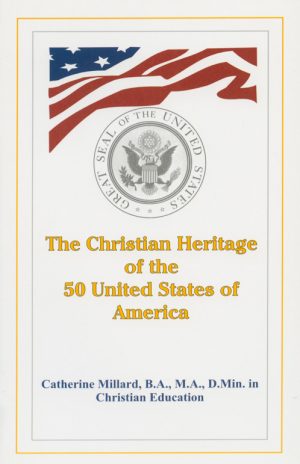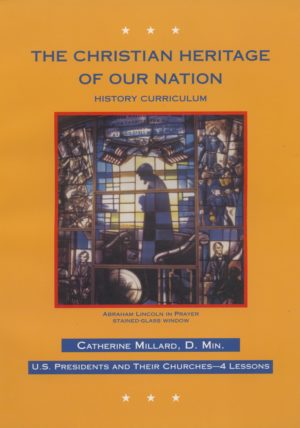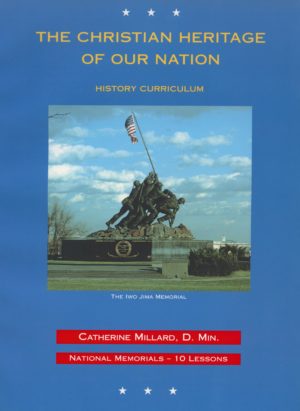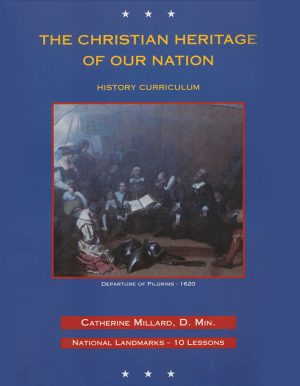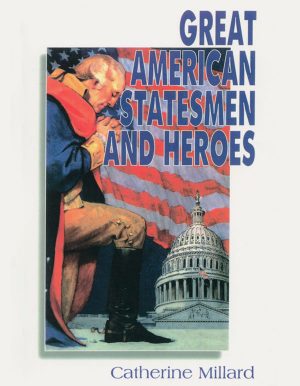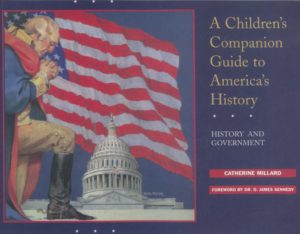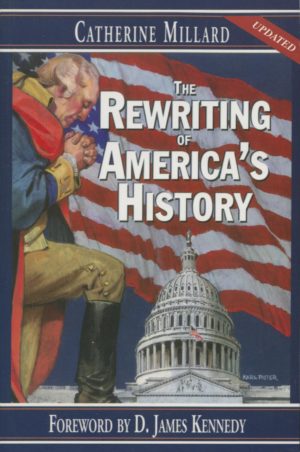| 1726 |
Born in Elizabeth City County, Virginia |
1764
|
Member of the House of Burgesses,
Williamsburg, Virginia
|
| 1776 |
Delegate to the Continental Congress |
| 1776 |
Signed the Declaration of Independence
|
1779
|
Member of the Committee on Revision
of the Laws of Virginia
|
| 1778-1806 |
Judge of the Chancery Court
|
1779-89
|
Professor of Law at the College of
William and Mary, Virginia –
Mentor to Thomas Jefferson,
Peyton Randolph and John Marshall
|
| 1787 |
Member of the Constitutional Convention
|
1788
|
Member of the Virginia State Ratification
Convention
|
1795
|
Author of “Decisions of Cases in Virginia
by the High Court of Chancery”
|
| 1806
|
Died in Richmond, Virginia.
|
As a lawyer and a jurist, first Professor of Law in the United States, and mentor to Thomas Jefferson, what was George Wythe’s reputation as a Christian?
In the founding fathers’ Chapel of the College of William and Mary, a famed Tablet records for posterity George Wythe’s reputation as “an exemplar of all that is Noble and Elevating in the Profession of the Law:”
GEORGE WYTHE, LL.D.,
Member of the Continental Congress;
Signer of the Declaration of Independence;
Member of the Committee of 1779 on Revision of the Laws of Virginia;
Judge of the Chancery Court;
First Professor of Law in the College of William and Mary.
The American Aristides.
He was an Exemplar of all that is Noble and Elevating
in the Profession of the Law.
A.D. 1893.
This Tablet is Erected by the Virginia State Bar Association
In Tribute to
His Courage as a Patriot
His Ability as an Instructor,
His Uprightness as a Lawyer,
His Purity as a Judge.
George Wythe was a member of Bruton Parish Episcopal Church, in Williamsburg, Virginia, where he worshipped in Pew no. 21 – while Thomas Jefferson worshipped in Pew no. 17. Their pews bear their names. His beautiful colonial home is adjacent to the church. It was Wythe who, as a member of the House of Burgesses, signed the Proclamation for a Day of Humiliation, Fasting and Prayer drafted by Thomas Jefferson and Patrick Henry, and designated for June 1st 1774 – due to the British closure of the Port of Boston. The entire House of Burgesses adjourned on that momentous day, and proceeded to Bruton Parish Church, where a Sermon was preached to Congress. George Washington, delegate from Virginia, wrote in his diary for that day: “June 1st – Went to church and fasted all day.”
At the Bicentennial of the College of William and Mary, in 1893, an address was delivered by Robert M. Hughes, Esq. on behalf of the State Bar Association. Of George Wythe, he stated:
“George Wythe, the man we honor, was cast in no common mold. A native of this Peninsula, which has been not less the birthplace than the nursery of greatness, he received his inspirations from these surroundings which have stimulated multitudes of Southern youth. Choosing the legal profession, he settled in this city, and soon rose to the front place of a Bar which numbered such men as Nicholas and Pendleton. In those days law and politics were inseparable; hence we soon find him an active patriot, resisting the encroachment of British tyranny, and drafting resolutions so bold that Patrick Henry alone could keep pace with him. A member of the House of Burgesses, he stood side by side with his pupil, Jefferson, in defense of colonial rights. Sent thence to the Continental Congress, he was signer of that Declaration of Independence which has immortalized the pupil whom he had inspired. Appointed with that same pupil in 1779 on the committee to revise the laws of the State, they prepared the first Code of sovereign Virginia, and this has been the basis of all which has followed. When towards the close of the Revolution the College was reorganized and made a university by the establishment of professional chairs, George Wythe was elected Professor of Law. This was the first professorship of the kind in America, and the second in the English-speaking world. The first was the Vinerian, at Oxford, filled by Sir William Blackstone; and as long as Anglo-Saxon institutions exist and Anglo-Saxon laws outpour their beneficent spirit of liberty upon the human race, the name of William and Mary, and Wythe, its great preceptor, will ring down the ages with that of Oxford and Blackstone, and this Chapel will be a center for the votaries of the law. During his ardent struggles in the cause of liberty he had sought no political preferment, but had devoted himself to his profession as constantly as the unsettled times would permit. He was now honored with the promotion which is an object of ambition to every lawyer. He was elected one of the judges of the Chancery Court. To this new duty he brought the same conscientious desire to do right, fearless of consequences, which had characterized his career as a lawyer and patriot. It fell to him, at a time when revolutionary animosities were still at fever-heat, to decide upon the right of British creditors to collect their debts; and he decided in their favor, regardless of public clamor. It fell to him to decide, first of all American judges, between conflicting claims of government departments to power; and he did not hesitate to say even in those days to the Legislature that a certain action which it had taken was unconstitutional and void. The great doctrine, now a canon of jurisprudence, that the judiciary is the final arbiter on the questions of the validity of the laws, had its origin in the bravery and convincing logic of George Wythe.
These are but samples of his judicial career. The published volume of his reported cases is his eternal monument; for his opinions show his learning, and, what is more, his unerring sense of justice. Removing to Richmond in 1789, when he became sole chancellor, he devoted the evening of his life to his judicial duties, and there, in his eightieth year, he died from poison administered by a near relative,* lamenting, in his last hours, that he would be compelled to leave some submitted cases undecided.
Such was the man whom the Bar Association now seeks to honor. In their name, members of the Faculty of William and Mary, I turn over to you the custody of this memorial, hoping that the man to whose virtues we pay tribute may be a shining light to the youth who resort hither, and that they may be incited by his example to become ornaments to their profession, their Alma Mater, and their State.” 1
To learn more, click here.
___________________________
Bibliography:
* George Wythe’s nephew and heir, whom he disinherited prior to his death.
1
Hughes, Robert M., Esq. An Address delivered on behalf of the State Bar Association. Two Hundredth Anniversary of the Charter of the College of William and Mary, 1693-1893. Williamsburg, Virginia.
